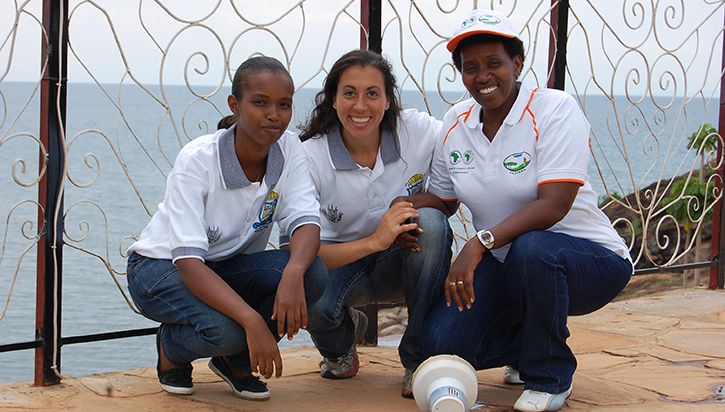Last May, we shared a blog by Angela Siele, the first student to participate in our agriculture program in Burundi as part of our exciting new partnership with Cornell University. This blog is a new story shared by the Emily Ambrose, the second student to participate in this growing partnership program.
————————-
As the rainy season brings needed water for the growth of healthy crops, the partnership between Cornell University and with Episcopal Relief & Development is seeing positive, healthy growth, as well.
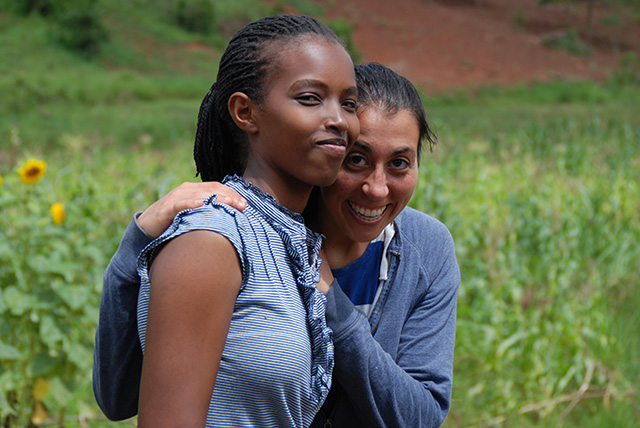
As the second student to travel to Burundi, I have spent the past three months on a continuing journey. The journey began in March 2014 with the work of Ms. Angela Siele, the first student from Cornell University’s College of Agriculture and Life Sciences to participate in the placement program. Ms. Siele worked with Episcopal Relief & Development and the Anglican Church of Burundi (PEAB, in French) food security and nutrition programs to initiate the construction of kitchen “keyhole” gardens. These gardens are used as a means for increasing diet diversity and food security, and battling hidden hunger. Over the past few months, I have been working with many people, predominantly women, who have created these gardens – tracking their progress, sharing information and continuing the sustainability of the kitchen gardens through seed-saving and cooking demonstrations. What is gratifying from this work is that it expands upon the inherent knowledge of these agrarian men and women, and the gardens grow to become part of the family’s socioeconomic foundation, benefiting many!
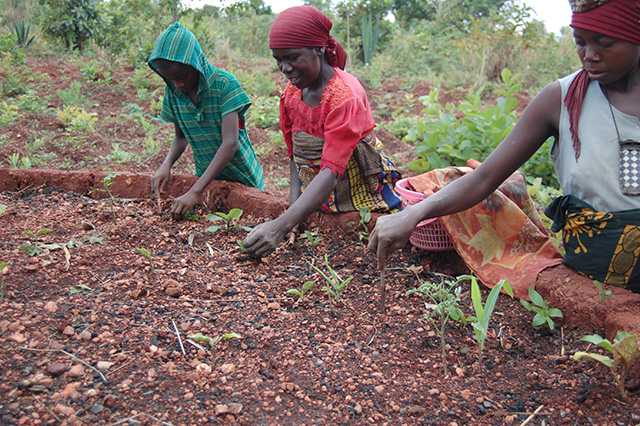
Personal empowerment is one of the greatest observations I can share from the time I have spent with the women and their kitchen gardens. There is nothing more rewarding and encouraging from the initiation of the kitchen gardens than the excitement and positivity shared among these women; the smiles from maintaining sustainable productive gardens is something to be celebrated, supported, and continued. I’m lucky to have been able to share in the efforts of these farmers by exchanging knowledge about seed saving and cooking for prolonged sustainability and better nutrition.
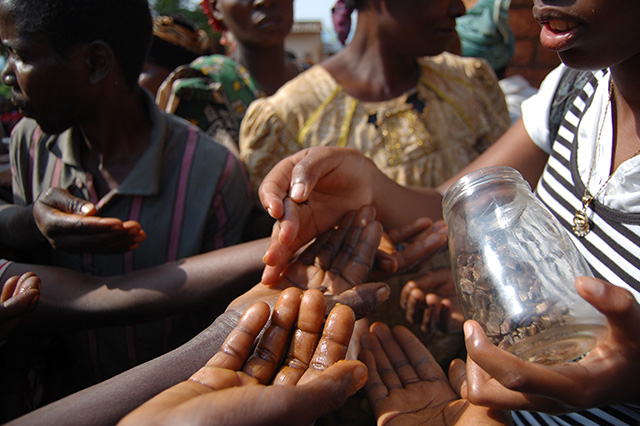
One highlight of our exchange includes a seed saving demonstration using watermelon fruits. The watermelon seed saving technique is called “wet;” requiring a decanting process with clean water, drying and storage. Most crops being grown in kitchen gardens, like tomatoes, aubergine (small yellow eggplants) and pumpkins, all rely on the same technique. Additionally, because watermelon is not widely grown in Burundi (although they can be grown all year round), it can be sold for a higher price in local markets while also providing another micronutrient food source. For these reasons, I suggested they add it to their crop selections. Some of the outcomes of this short yet important demonstration: shared knowledge on sustainability, expanded opportunities, excited farmers, and my favorite – smiling children with watermelon-juice covering their mouths and hands!
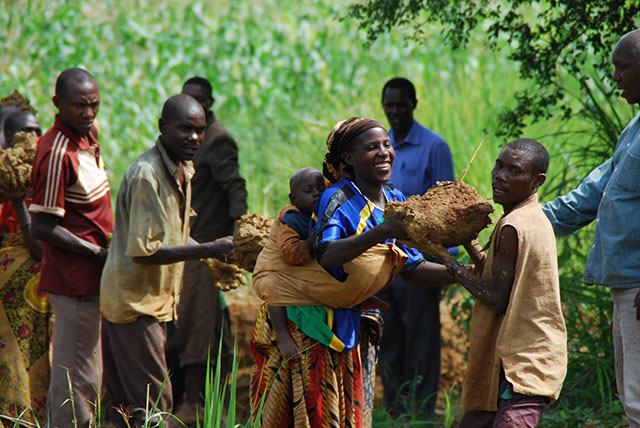
There is another important success story being made between students from different classrooms and countries.
During my time in Burundi, I worked with a student from the University of Burundi: Bienvenue Ingabica Carelle. As a co-intern, colleague and friend, Carelle shared with me her knowledge of rural economics and assisted me in the demonstration. Additionally, Carelle assisted with translation, sharing with me how to learn the local language of Kirundi, and helped me acclimate to the vivid and interesting Burundian culture. As some of the first students to enter into this growing partnership, we look forward to the future with excitement. It is no secret that in working together we accomplish more; as the partnerships between Cornell University, Episcopal Relief & Development, PEAB and the University of Burundi continue, we grow and succeed together. Furthermore, by working together, as one people, we grew as students, as farmers and as inhabitants of this vast and giving earth.
With the above, I would like to acknowledge the collaboration and support of many different individuals allowing for this partnership, including Professor Peter Hobbs of Cornell University, Program Officer Sara Delaney of Episcopal Relief & Development, Development Program Officer of PEAB Leonidas Niyongabo, The Most Reverend Archbishop of the Anglican Church of Burundi Bernard Ntahoturi, Bienvenue Ingabica Carelle of the University of Burundi, and all the farmers, children, friends, and Burundians that continue to amaze me with their determination as we continue together to live as one happy, healthy people.
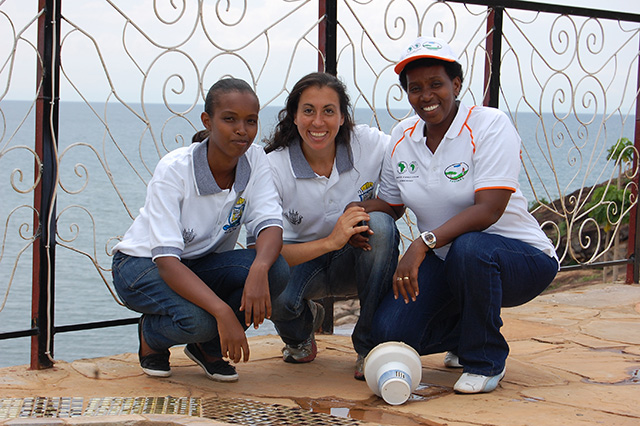
—————————–
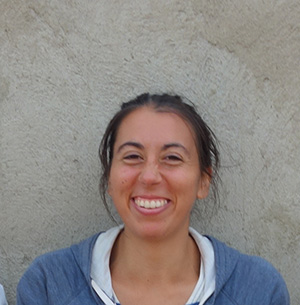
Emily Ambrose is a student at Cornell University.
Images: Top, Students and partners, Emily Ambrose and Bievenue Ingabica Carelle. Middle 1, Women spacing out the kitchen gardens. Middle 2, Distribution of watermelon seeds. Middle 3, Building the waterpoint. Last, Emily and Carelle with PEAB staff.
